Cocoa pods’ compost for environmental & economic resilience
(Article en français disponible ici )
As part of our climate transition and sustainable sourcing strategy, TOUTON Group has recently launched a project in partnership with LONO, an Ivorian engineering company specialised in adding value to agricultural by-products, to transform cocoa pods into organic fertiliser.
This pilot project, in progress from September 2023 to August 2024, aims to reduce greenhouse gas (GHG) emissions linked to cocoa production, while contributing to the economic and climate resilience of local communities. Notably targeting the methane generated by the fermentation of cocoa pods’ heaps left to degrade on the parcels (anaerobic process).
With the support of LONO engineers, waste design and management specialists, Touton's sustainability team has been working with the SOCAET2 cooperative which counts close to 2,000 members producers in the Nawa region of Côte d’Ivoire.
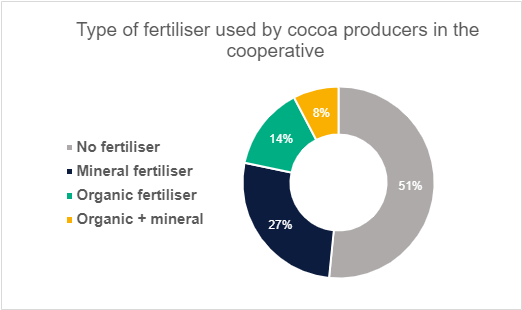
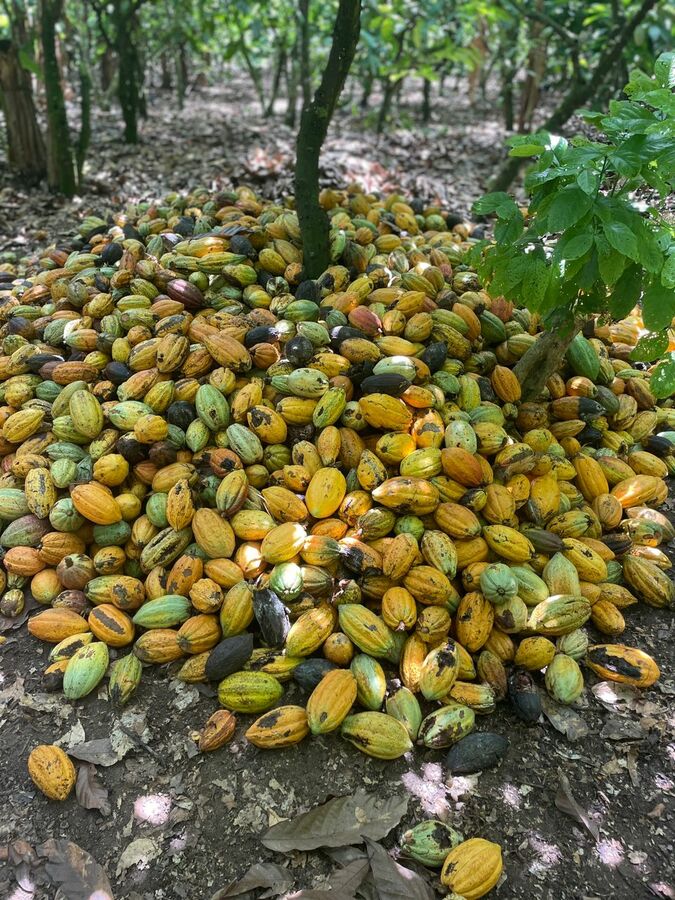
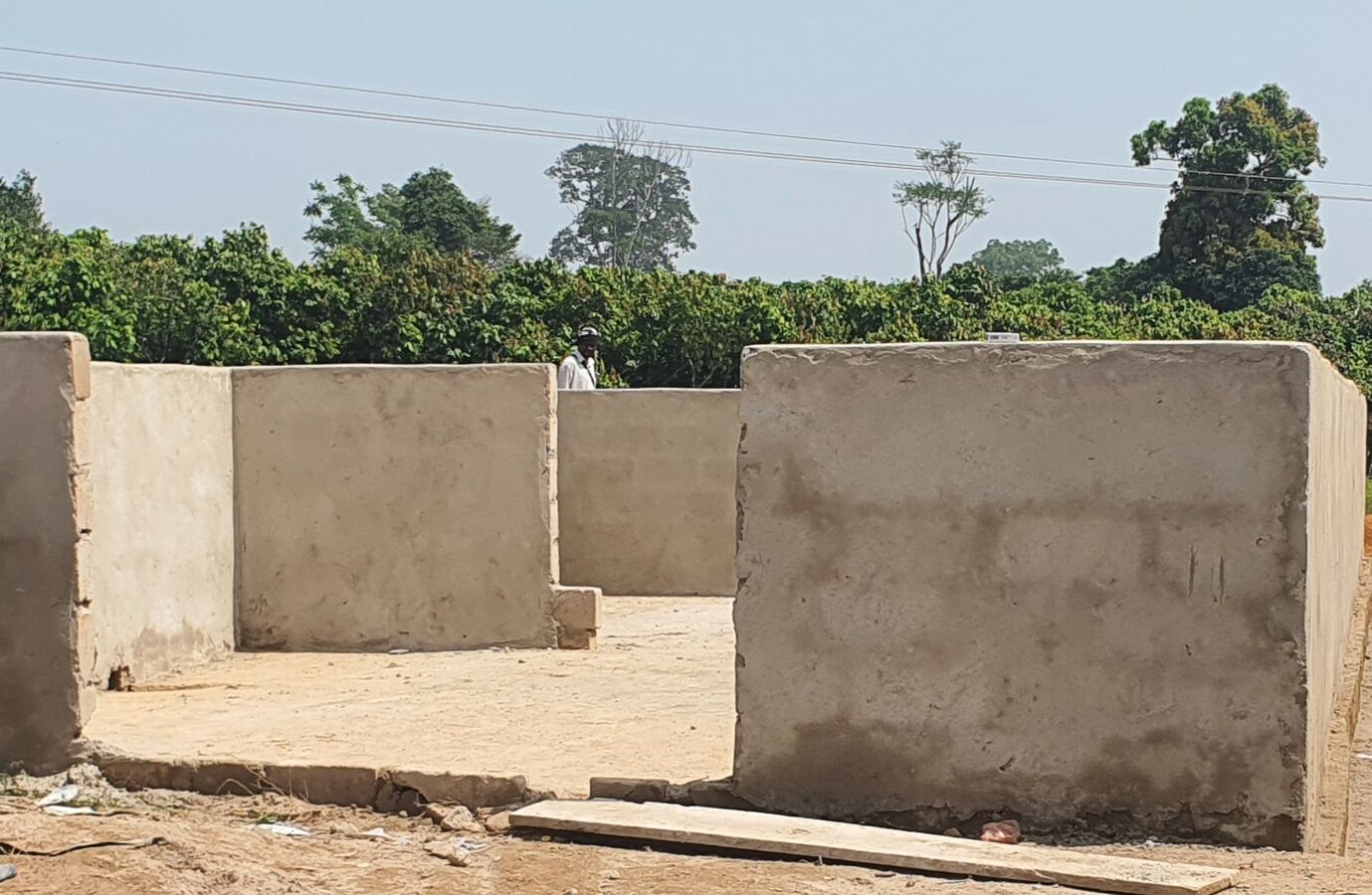
*Data in the pie chart is based on a sample representing 1/3 of the cooperative's producers
Audrey Lagauche, Cocoa Sustainability Director, explains how the project came about:
"When we were evaluating the carbon footprint of our cocoa value chains, we decided to run a deep dive with partner cooperatives in Côte d'Ivoire to identify the main emission factors at the 'scope 3' level. The results showed that the current composting practices were high emitters and represented a major lever for improving the environmental impact of our supply chains. We, therefore, built and financed this project with a local technical partner to address two key issues: cocoa producers’ dependence on imported fertilisers and the reduction of GHG emissions.”
In addition, the SOCAET2 teams are undergoing training to oversee compost production. Throughout the initial composting cycle, they will receive daily support to ensure the quality of the compost as well as be involved in establishing five demonstration plots to train cocoa producers.
Mr Rasmane BELEM, Chairman of SOCAET2’s Board of Directors since 2013, explains the reasons for the cooperatives’ engagement: 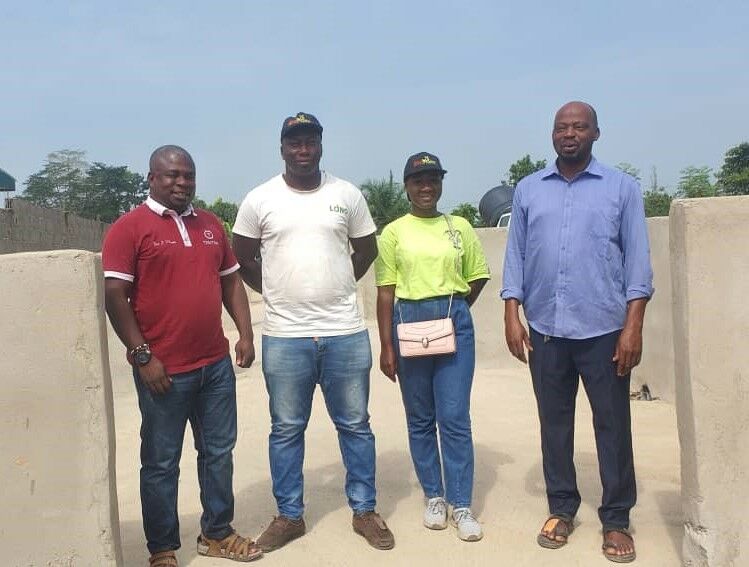
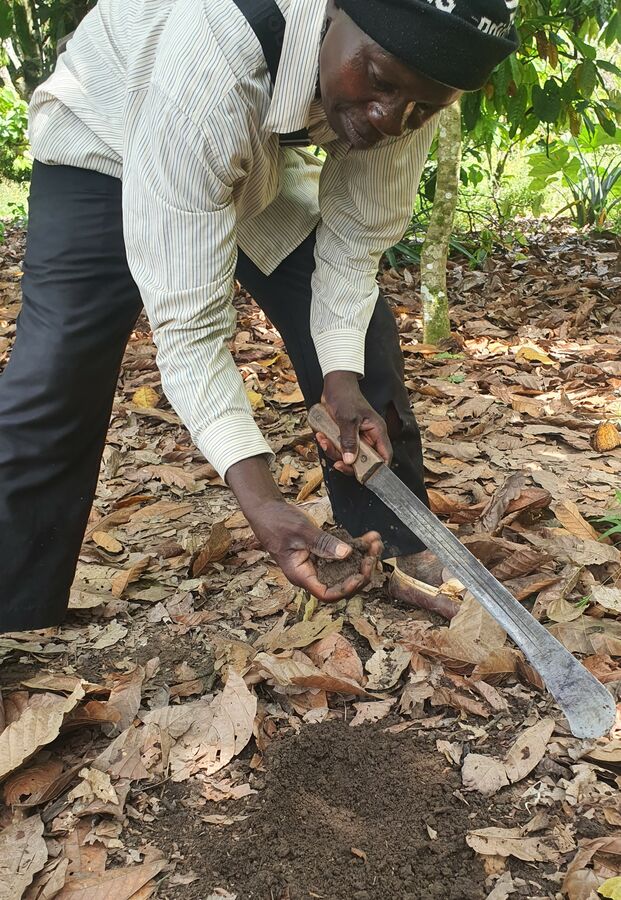 Mr. Yacouba OUEDRAOGO, a cocoa farmer with a decade of experience and a member of SOCAET2, has been a beneficiary of the longstanding collaboration between Touton and the cooperative. He has undergone training in Good Agricultural, Social, and Environmental practices and will be among the first to try the compost generated by the new platform. He explains why and how he has already adopted more environmentally friendly practices, as well as his expectations of the new project:
Mr. Yacouba OUEDRAOGO, a cocoa farmer with a decade of experience and a member of SOCAET2, has been a beneficiary of the longstanding collaboration between Touton and the cooperative. He has undergone training in Good Agricultural, Social, and Environmental practices and will be among the first to try the compost generated by the new platform. He explains why and how he has already adopted more environmentally friendly practices, as well as his expectations of the new project:
In addition, a data collection and monitoring system has been set up to calculate the impact of the project, particularly in terms of greenhouse gas emissions.
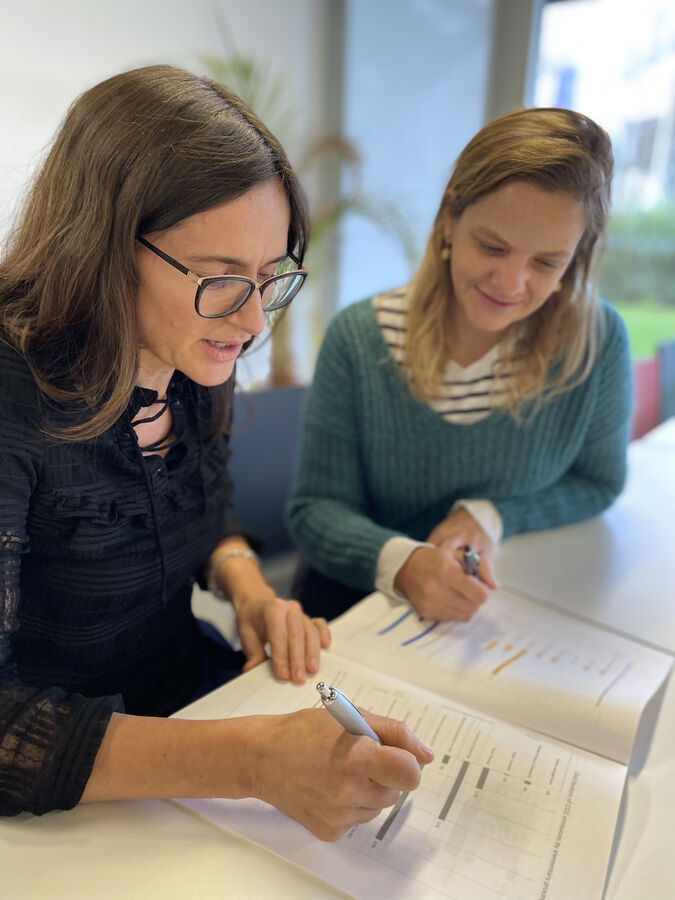 Lea Jenin, Touton Group's Manager for Environment and Climate Resilience, explains:
Lea Jenin, Touton Group's Manager for Environment and Climate Resilience, explains:
We are looking forward to the first results and recommendations arising from these analyses. Combined with the rate of adoption of compost by producers, we will be able to evaluate the viability of expanding this project on a broader scale. Upon the successful validation of the model, the TOUTON Group will be ready to promptly implement additional collective composting units, in collaboration with its partner cooperatives in Côte d'Ivoire and beyond.